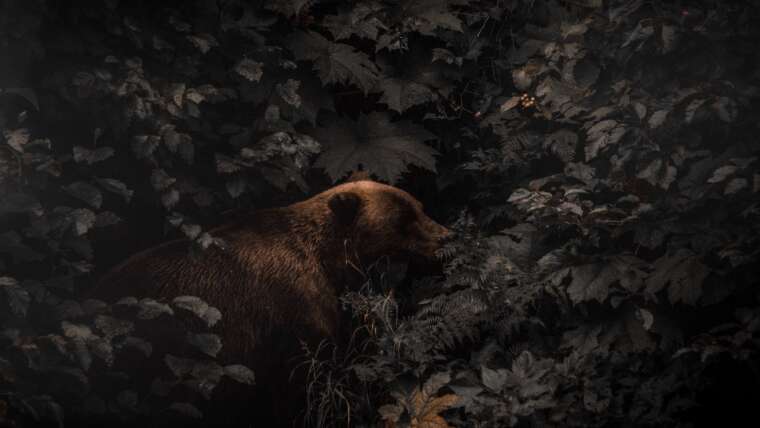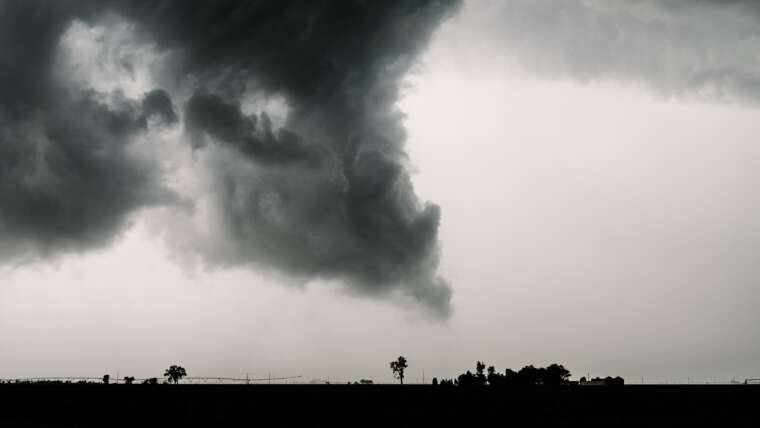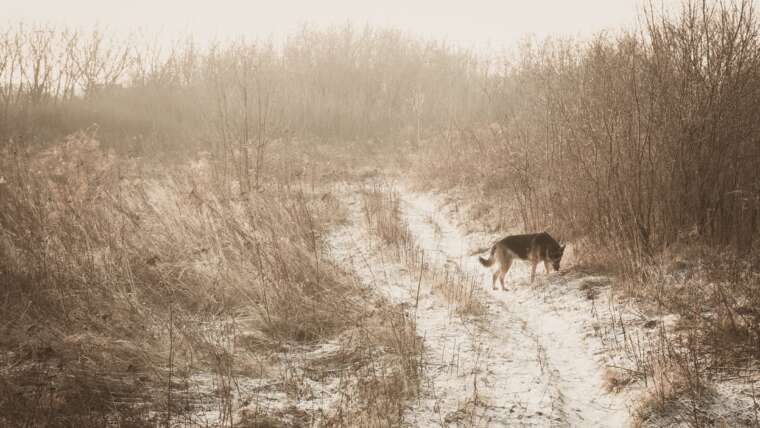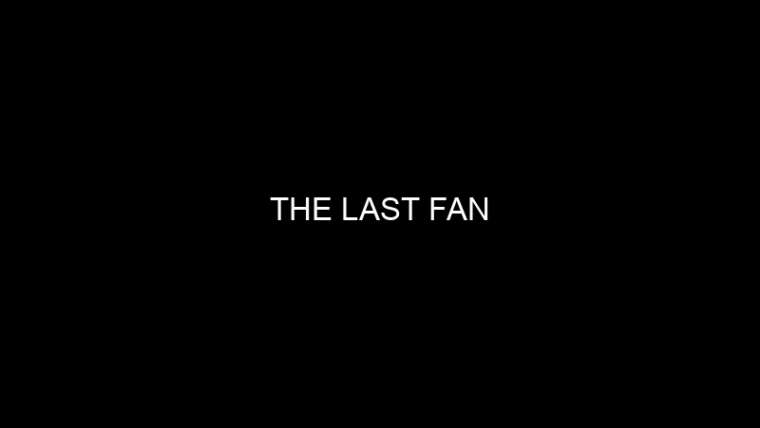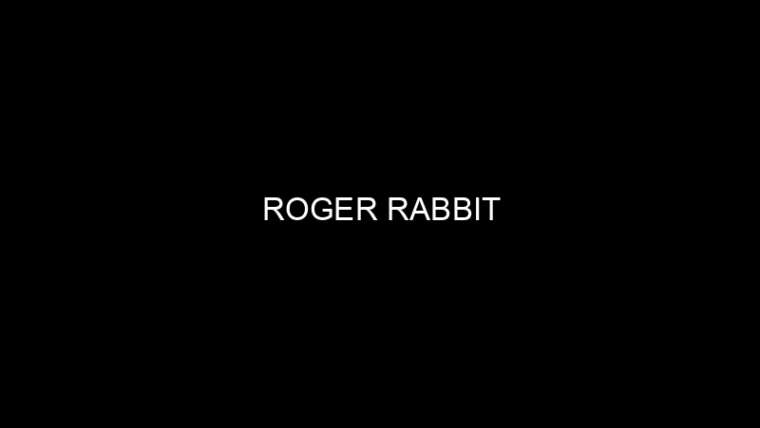By Eric Fisher Stone What can be shown cannot be said. —Wittgenstein, Tractatus His parents stepped off the trail to film a moose. Next dawn no one found the child except a grizzly sow. She lost a cub that spring, nursed the three-year-old, milk thundering from her nipples’ dark gourds, his mouth juiced with butterfat thick as moonlight. Midsummer, he forgot human speech while his surviving cub sister chewed raw salmon, their stomachs packing fetid meat, raspberries’ lacquer gushing their teeth scarlet. By autumn he mimicked bear huffs and grunts as wind sluiced pines,…
